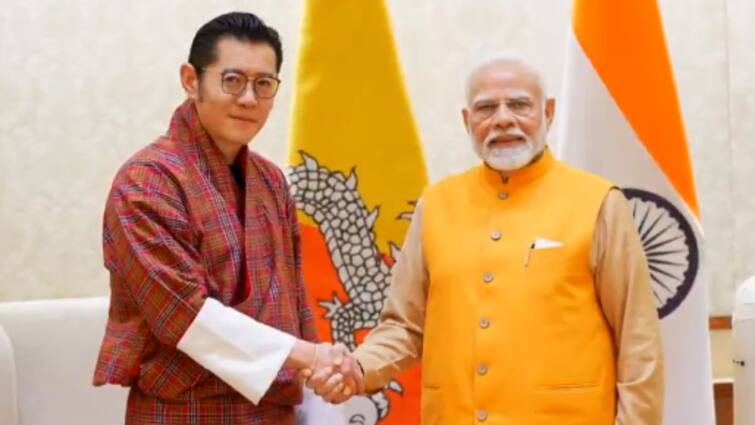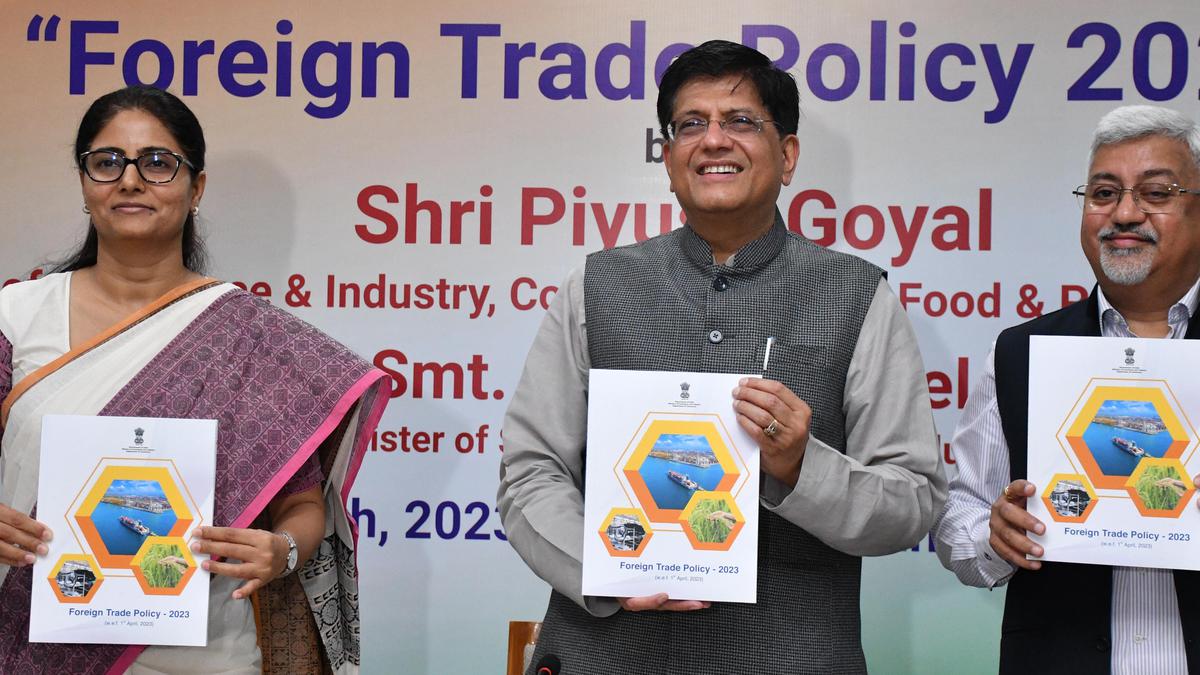
Foreign Trade Policy brings India’s ‘strategic and economic interests’ into trade transit ties
The HinduMarking a significant shift in the country’s stance on allowing transit of goods in and out of neighbouring countries, the new Foreign Trade Policy has introduced an additional consideration in providing such trade transit facilities for adjacent countries — India’s strategic and economic interests. The changed language in provisions pertaining to transit facilities, as well as a subtle shift in the stance on trade with neighbouring countries in the new policy, released by Commerce and Industry Minister Piyush Goyal on March 31, could unnerve some land-locked countries around India such as Nepal and Bhutan that rely on goods’ transit through India. The Foreign Trade Policy 2015-20 that was applicable till last Friday stated: “Transit of goods through India from/or to countries adjacent to India shall be regulated in accordance with bilateral treaties between India and those countries and will be subject to such restrictions as may be specified by DGFT in accordance with international conventions.” This has been revised in Section 2.23 of the new FTP document to state that such transit of goods “shall be enabled and regulated in accordance with strategic and economic interests of India as well as the bilateral treaties between India and those countries.” While the previous policy empowered the DGFT to frame schemes or issue necessary instructions “to promote trade and strengthen economic ties with neighbouring countries”, the new policy rephrases the first objective as “promote and regulate trade…”. Bhutan King Jigme Khesar Namgyel Wangchuck, accompanied by Bhutanese Foreign and External Trade Minister Tandi Dorji, begins a three-day visit to India on Monday.
History of this topic

Bangladesh's Shift Towards China and Pakistan: New Challenges for India
Deccan Chronicle
Letters
The Hindu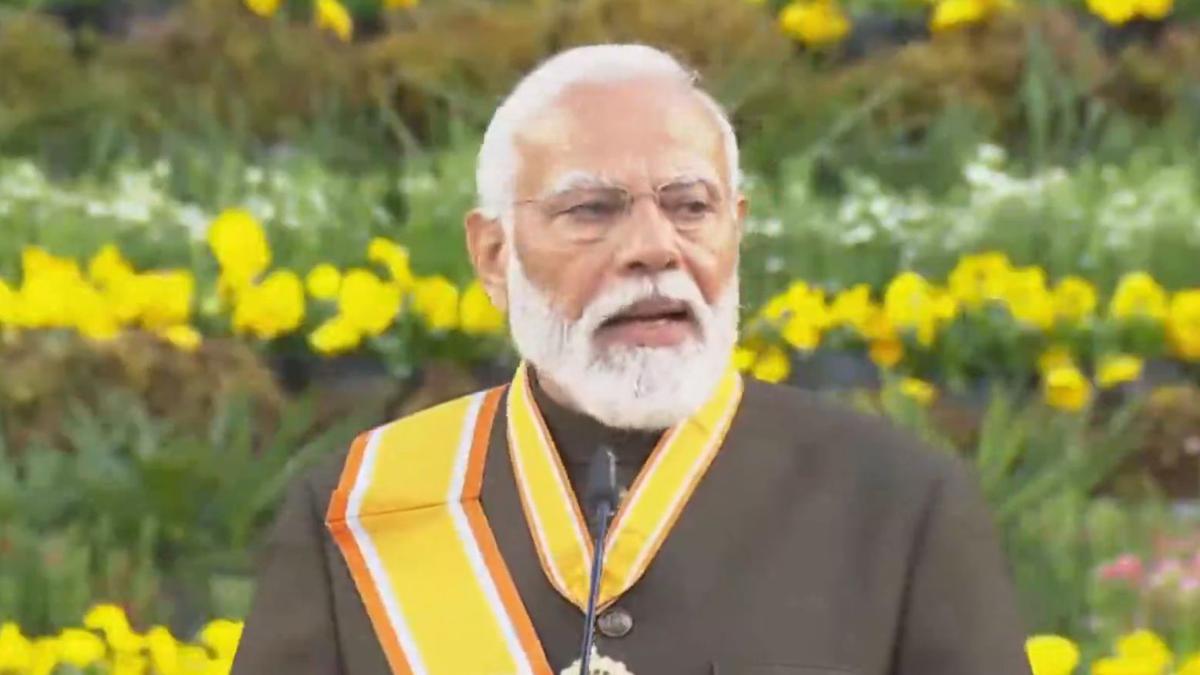
With Bhutan’s Gelephu project in mind, India to double assistance to ₹10,000 crore for next 5 years
The Hindu
Watch | Trade diplomacy | What’s the status of India’s Free Trade Agreements?
The Hindu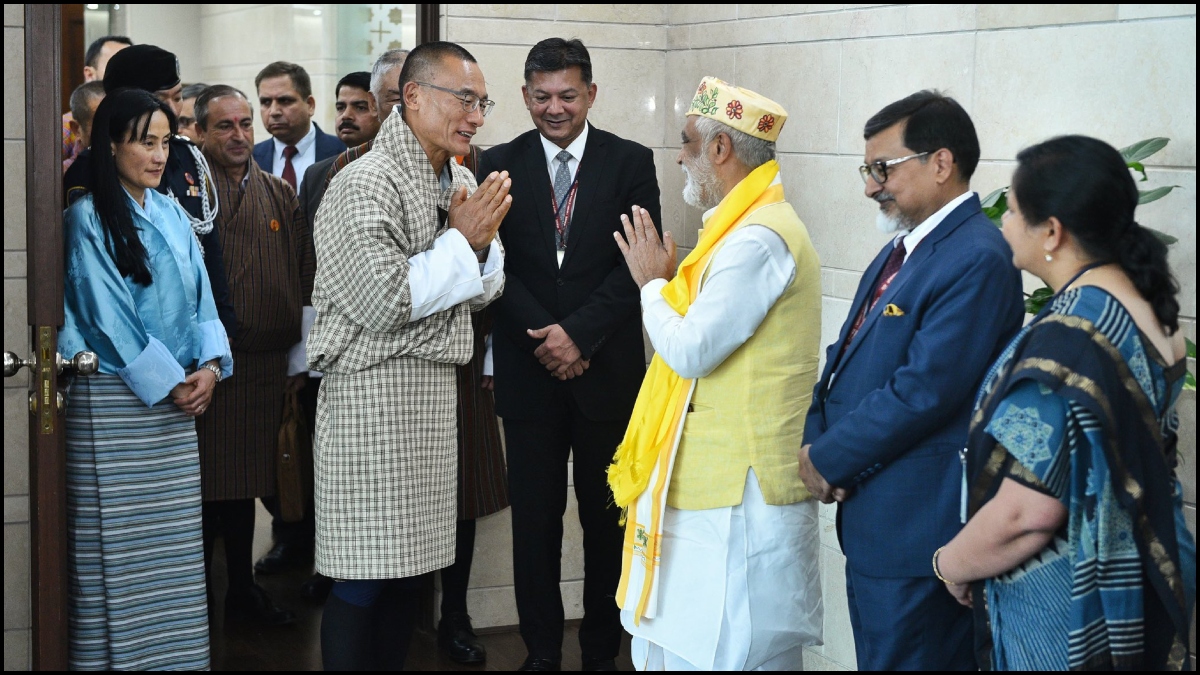
Bhutan PM Tshering Tobgay arrives in India to begin his five-day official visit
India TV News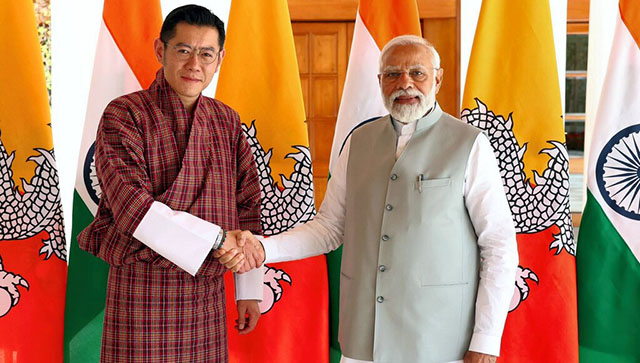)
How India-Bhutan ties remain a pillar of stability despite regional challenges
Firstpost
India's trade trajectory: FTAs and beyond
Live Mint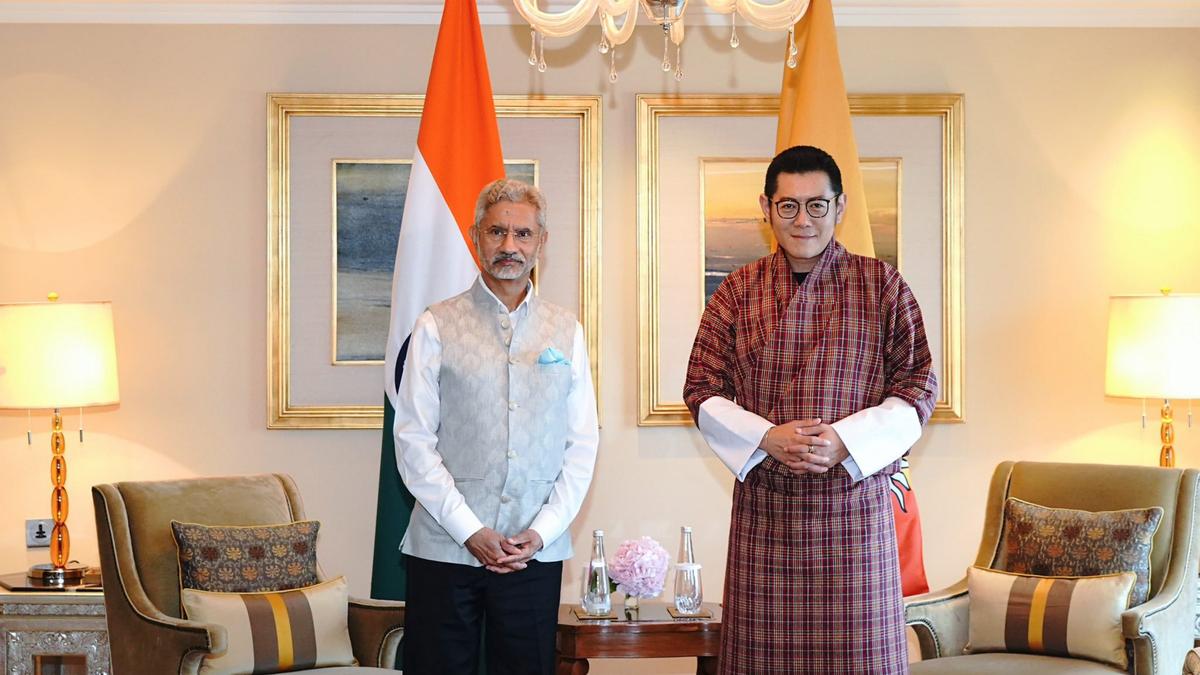
India, Bhutan to discuss new routes of regional connectivity
The Hindu
Warming ties: The Hindu Editorial on Bhutan-China relations and India’s concerns
The Hindu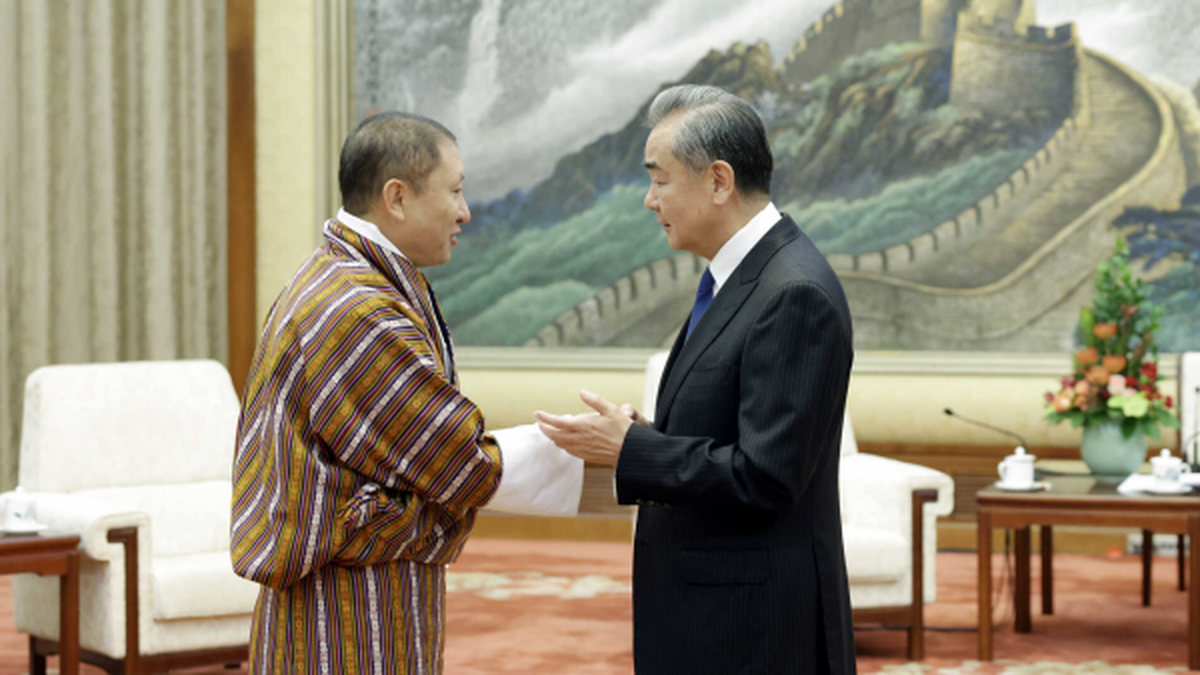
Bhutan, China want deal on boundaries ‘soon’
The Hindu
Modi promises to build ‘super hit’ partnership with Nepal PM Prachanda
Live Mint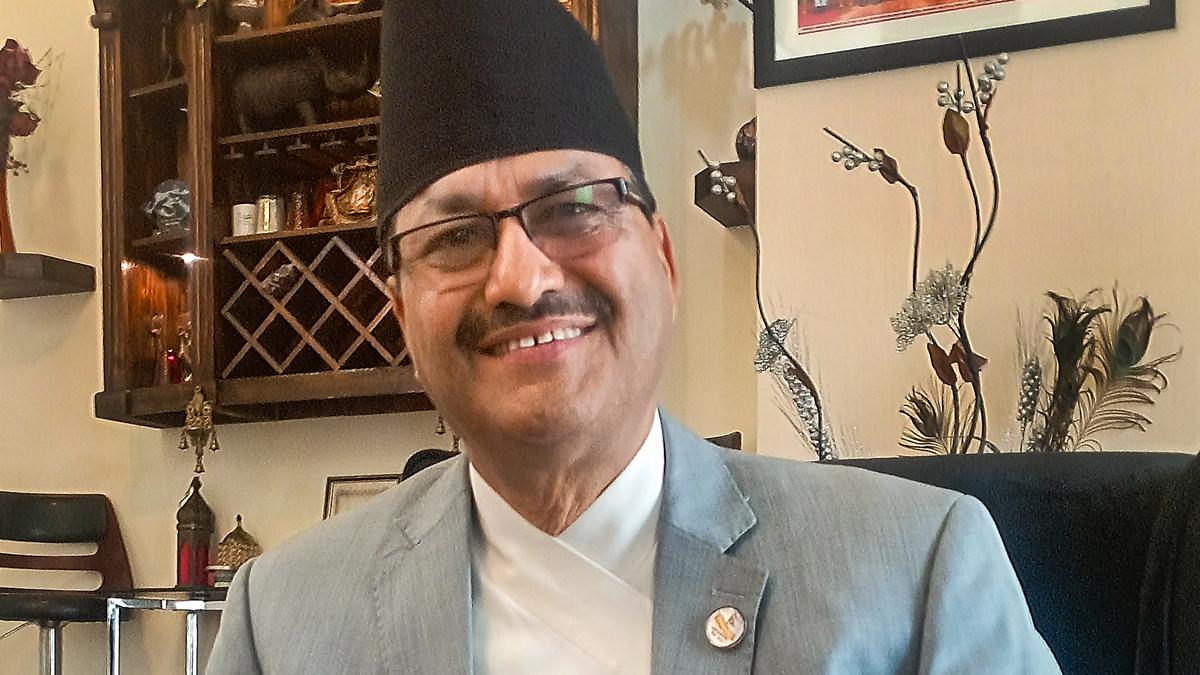
Nepal wants to attract Indian investments in energy sector, seeks alternative air routes: Foreign Minister Saud
The Hindu
Bhutanese King’s Visit to India Spotlights Superpower Border Tensions
The Diplomat
Substance and subtext: The Hindu Editorial on India-Bhutan ties
The Hindu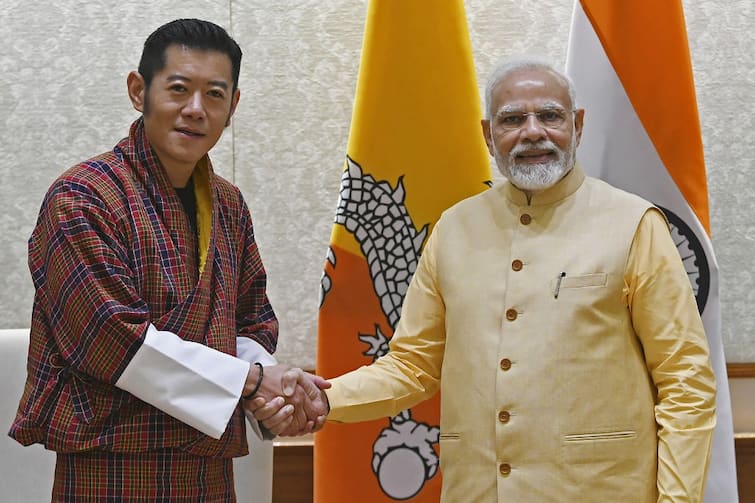
Bhutan King Wangchuk To Begin 3-Day India Visit Today To Boost Economic Ties
ABP News
All eyes on border talks between Bhutan, China as King begins India visit
The Hindu
India, Bhutan to have 7 more entry-exit points for trade: Govt
India TV NewsU.S. Trade Representative to visit India on November 22
The HinduDiscover Related

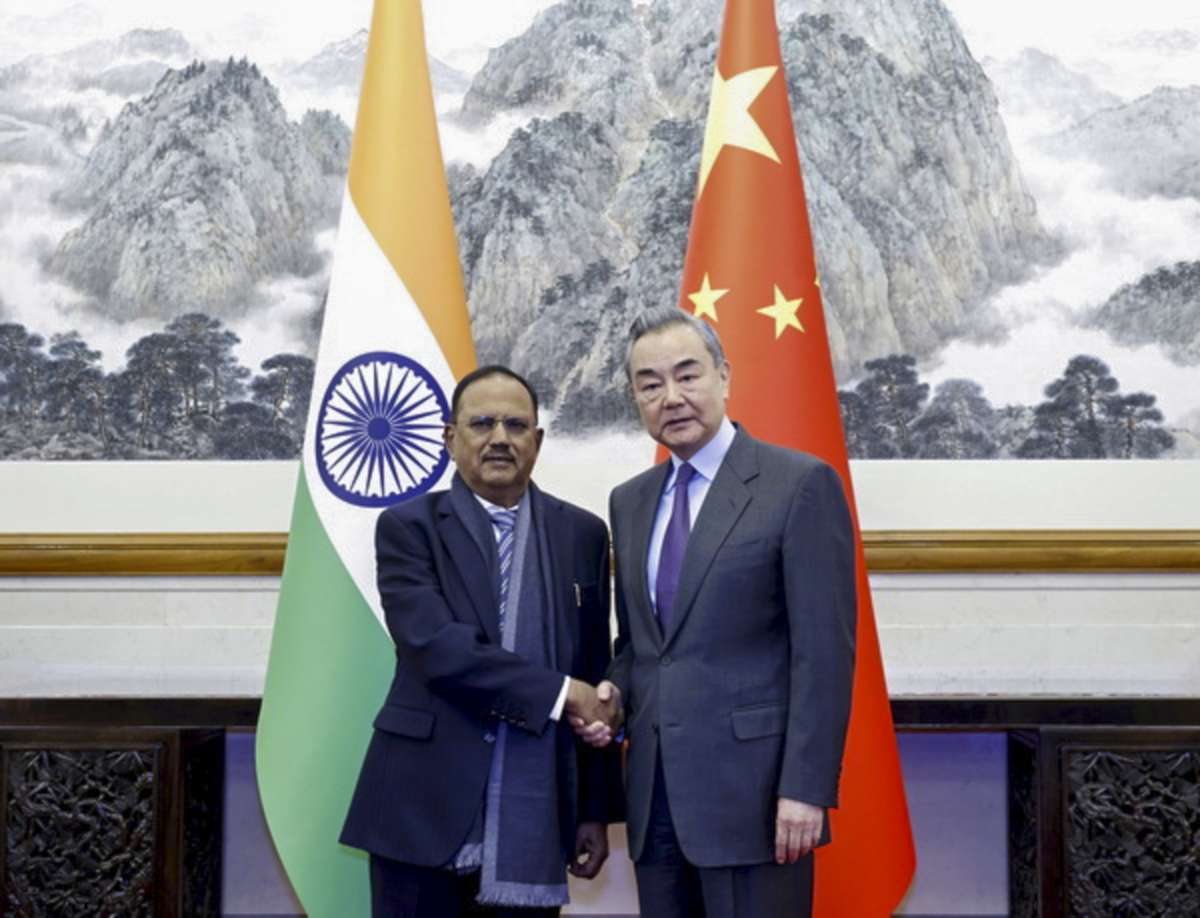
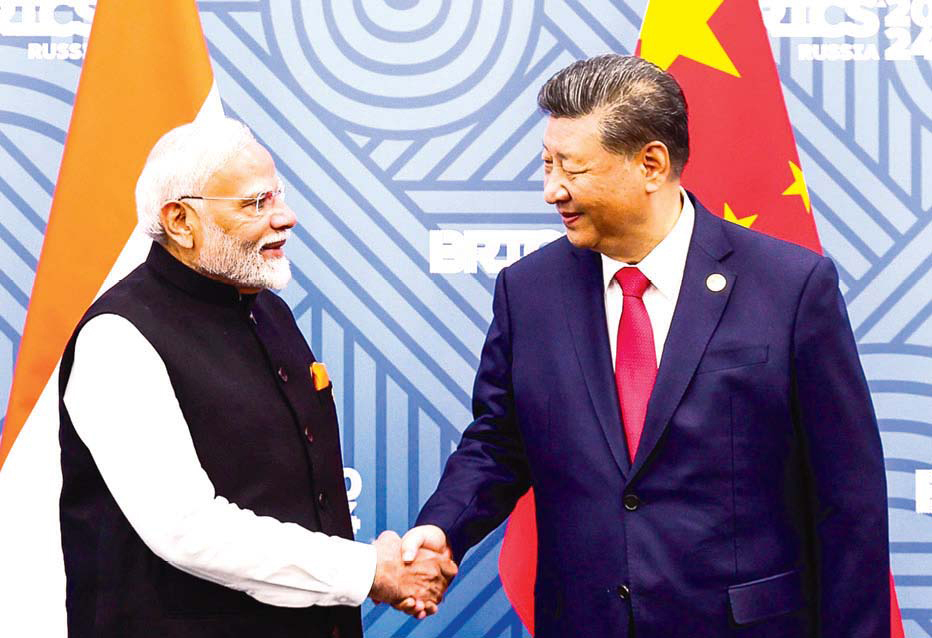


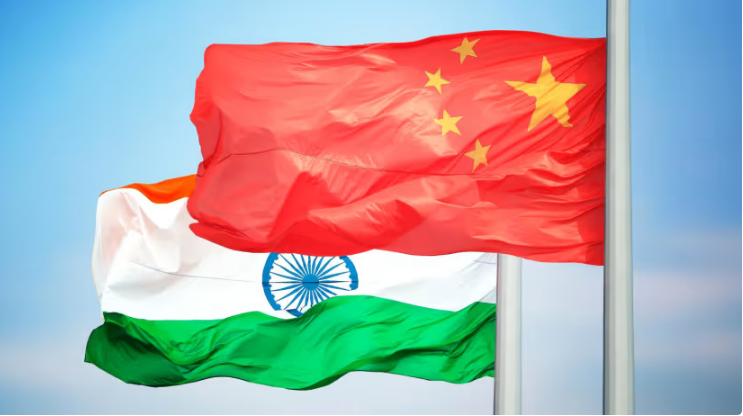
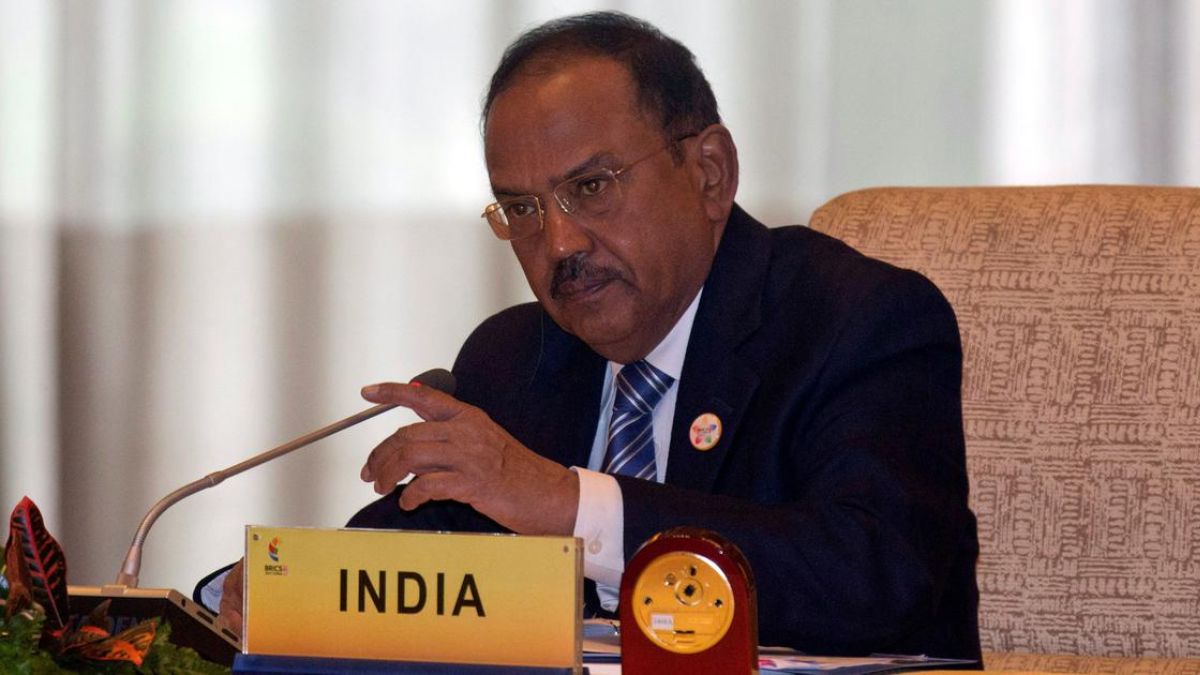)

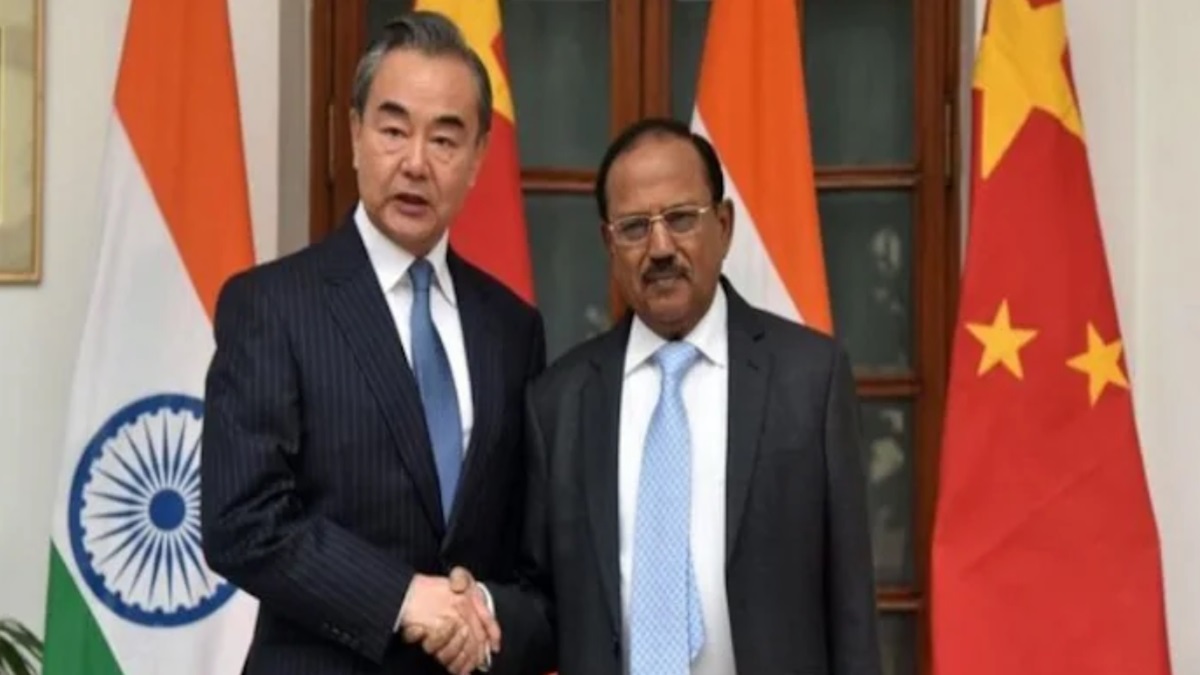
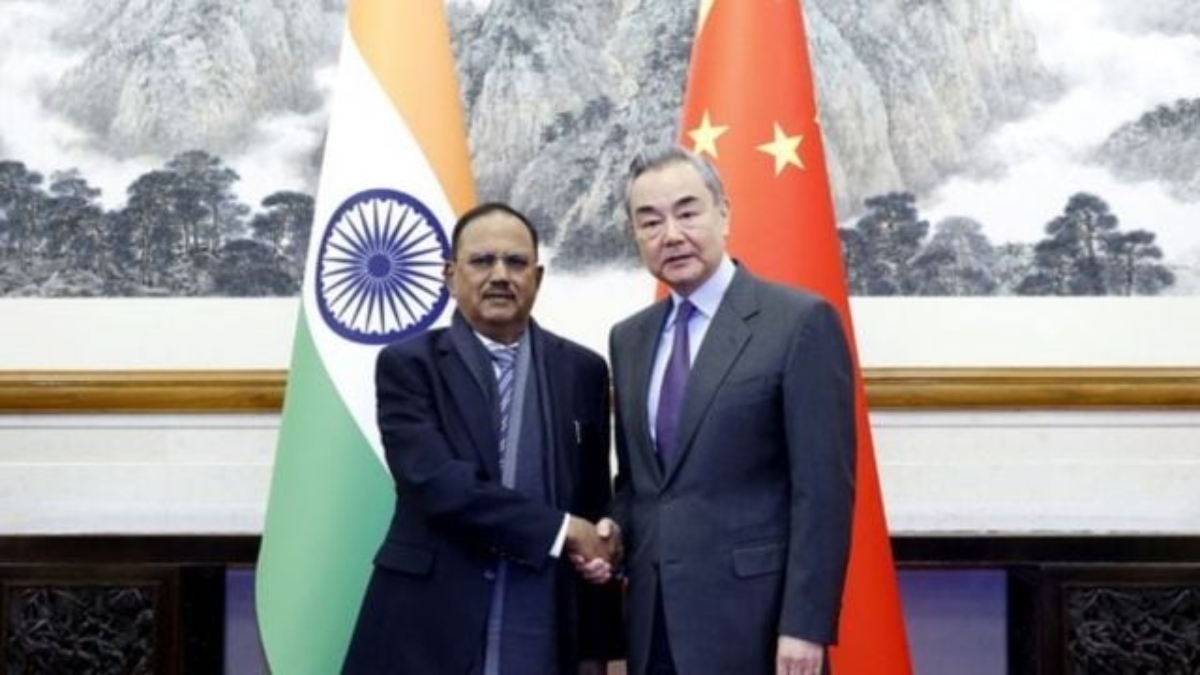

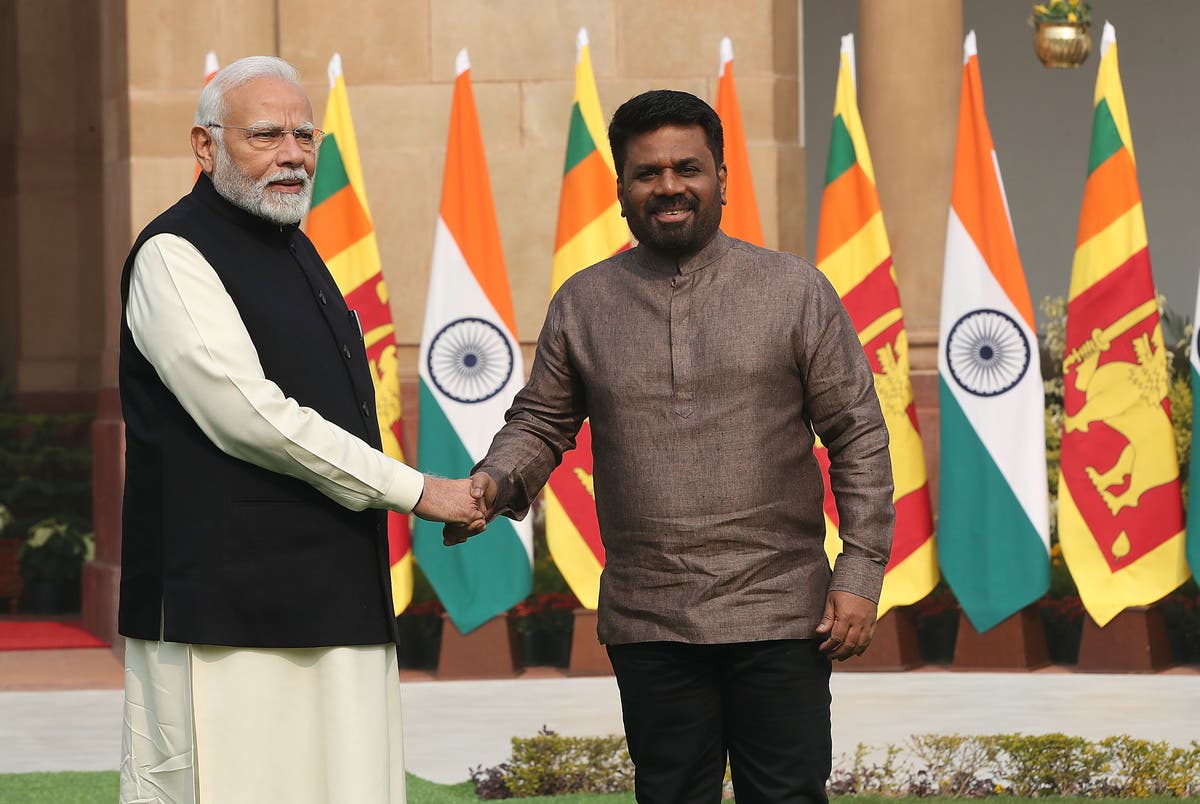

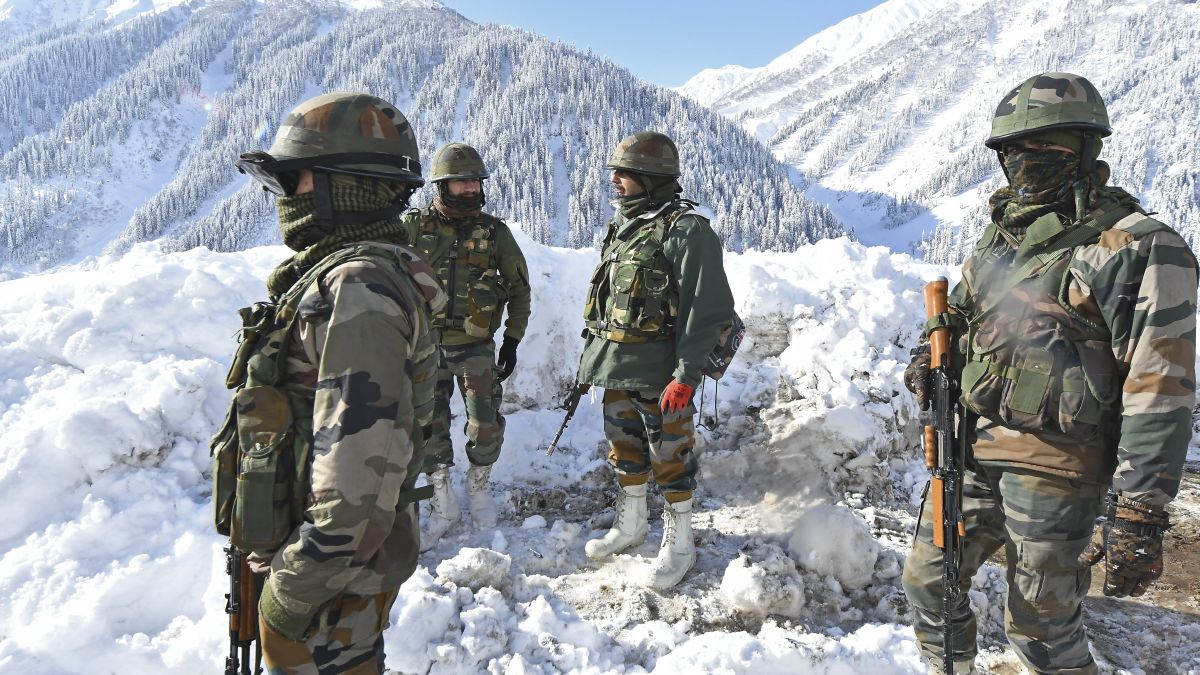)


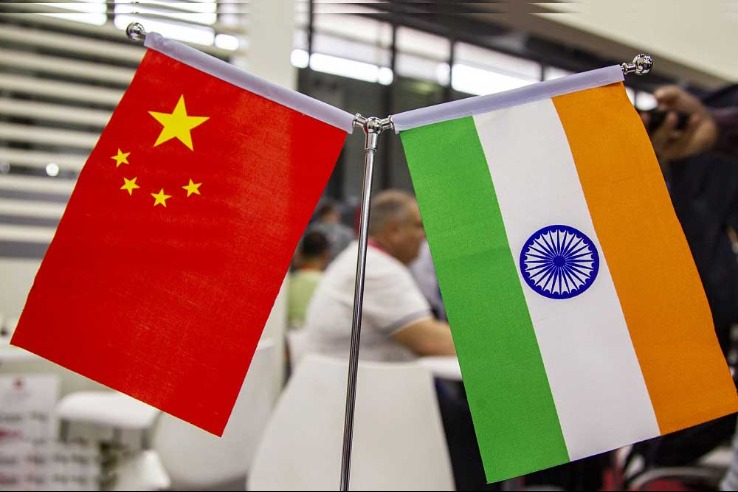

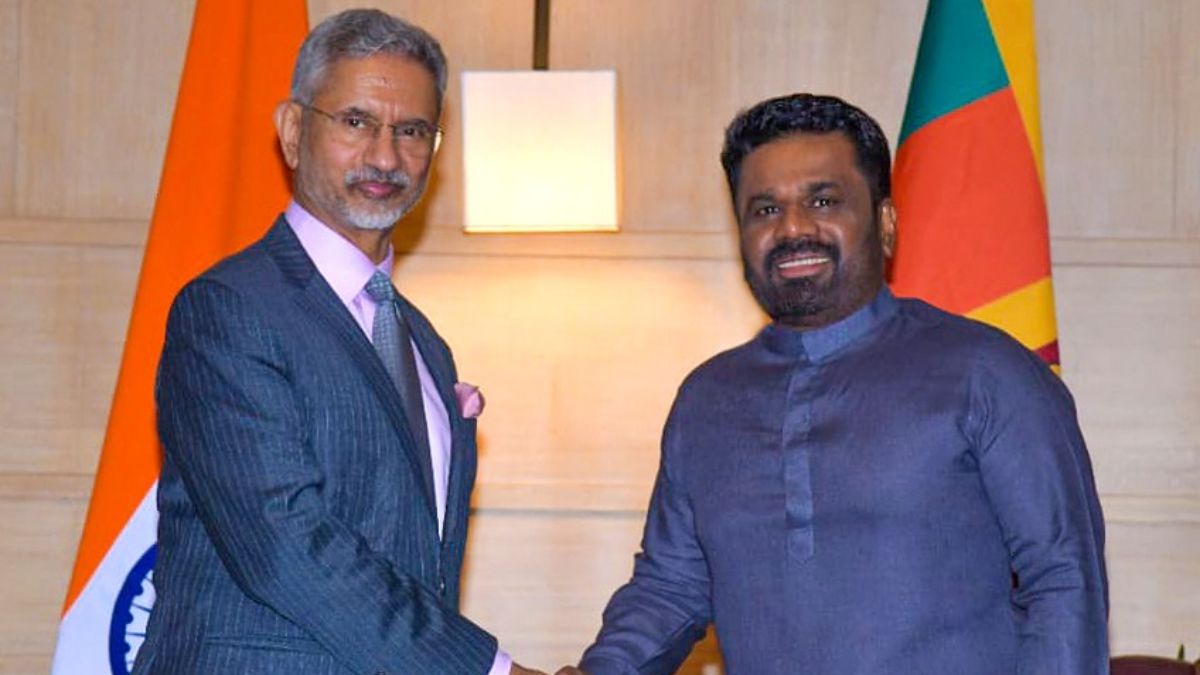)
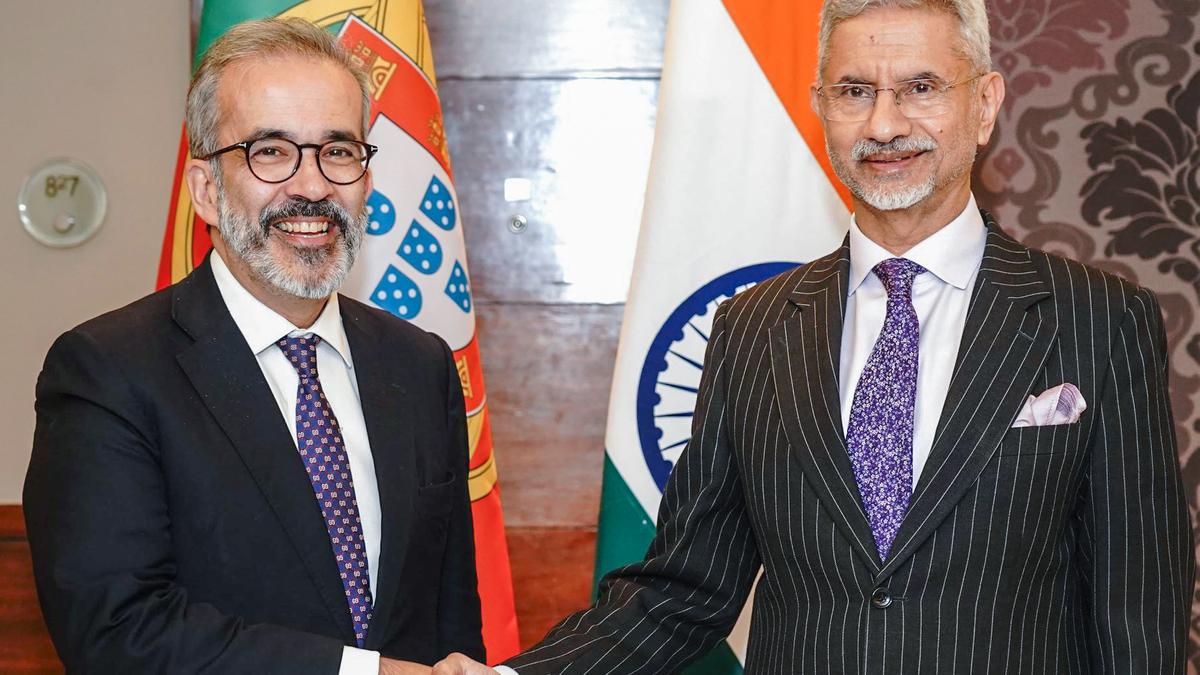



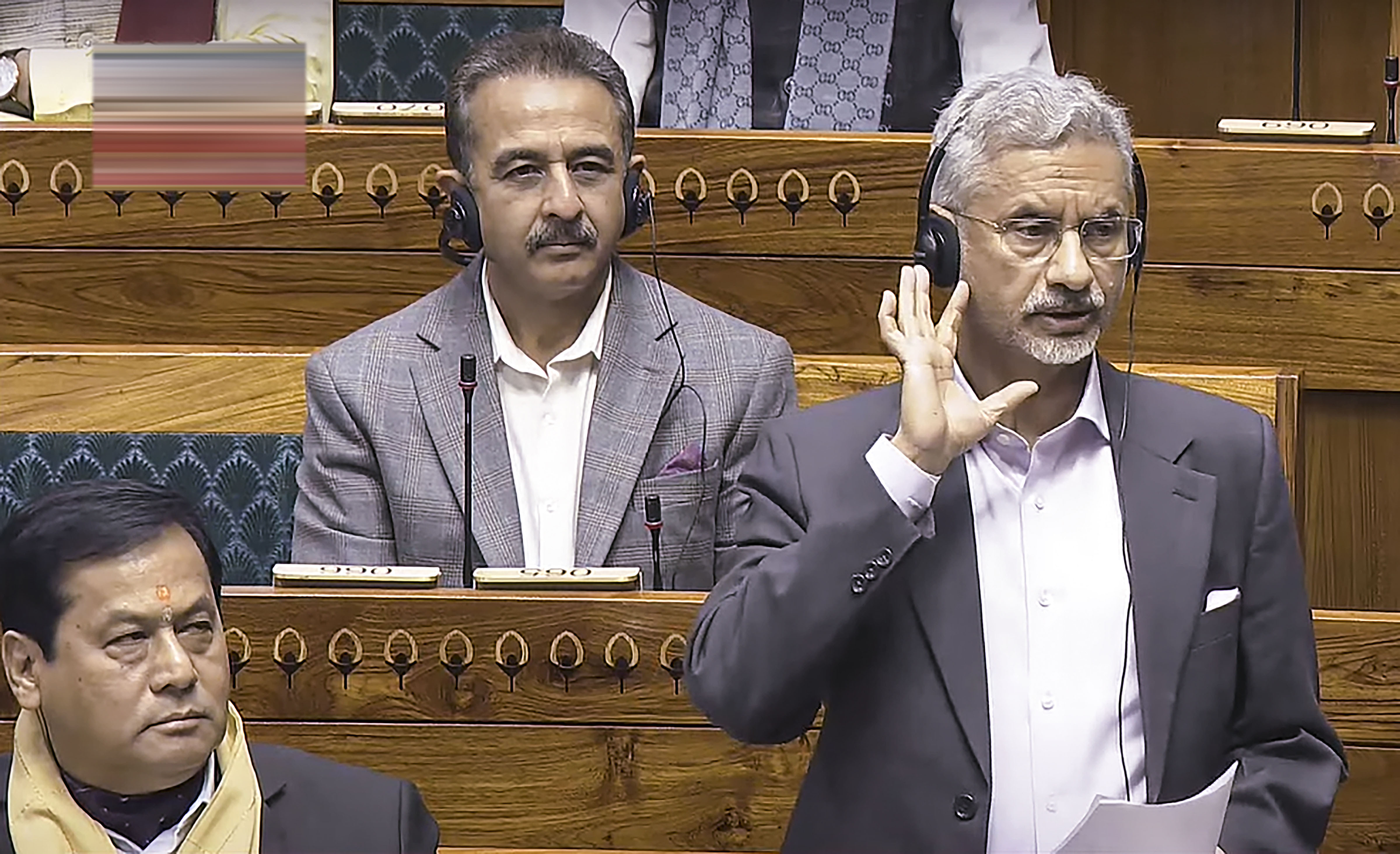

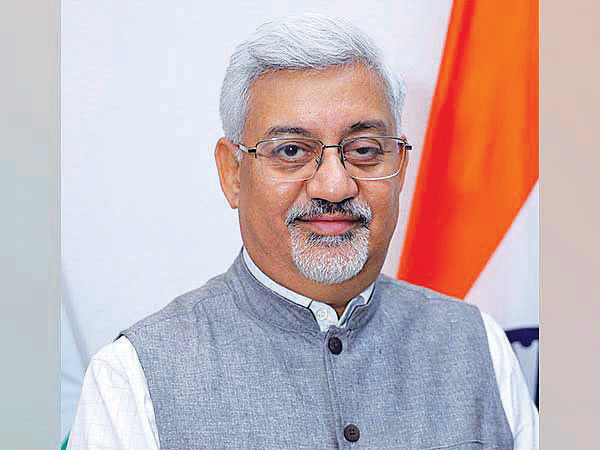









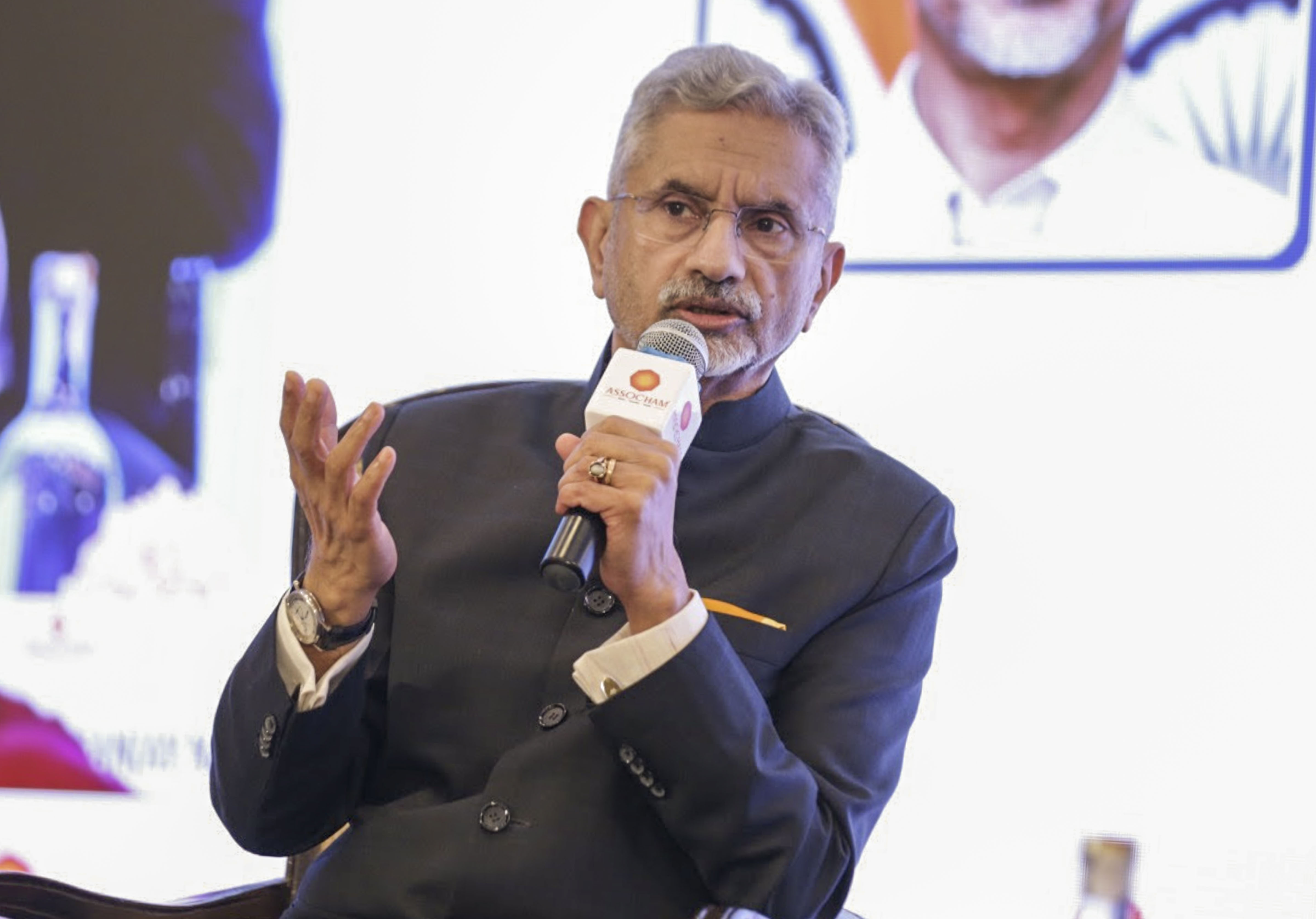





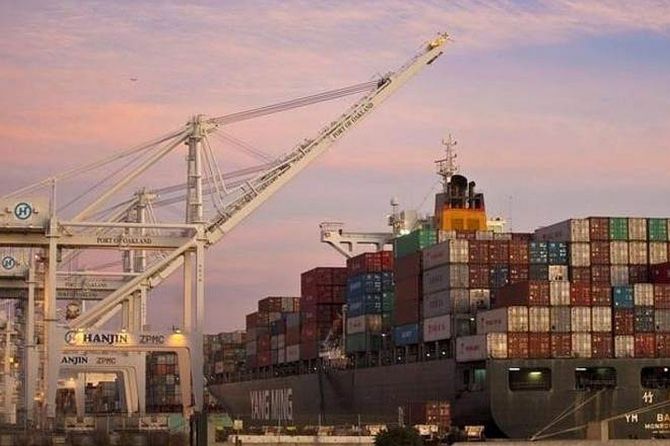
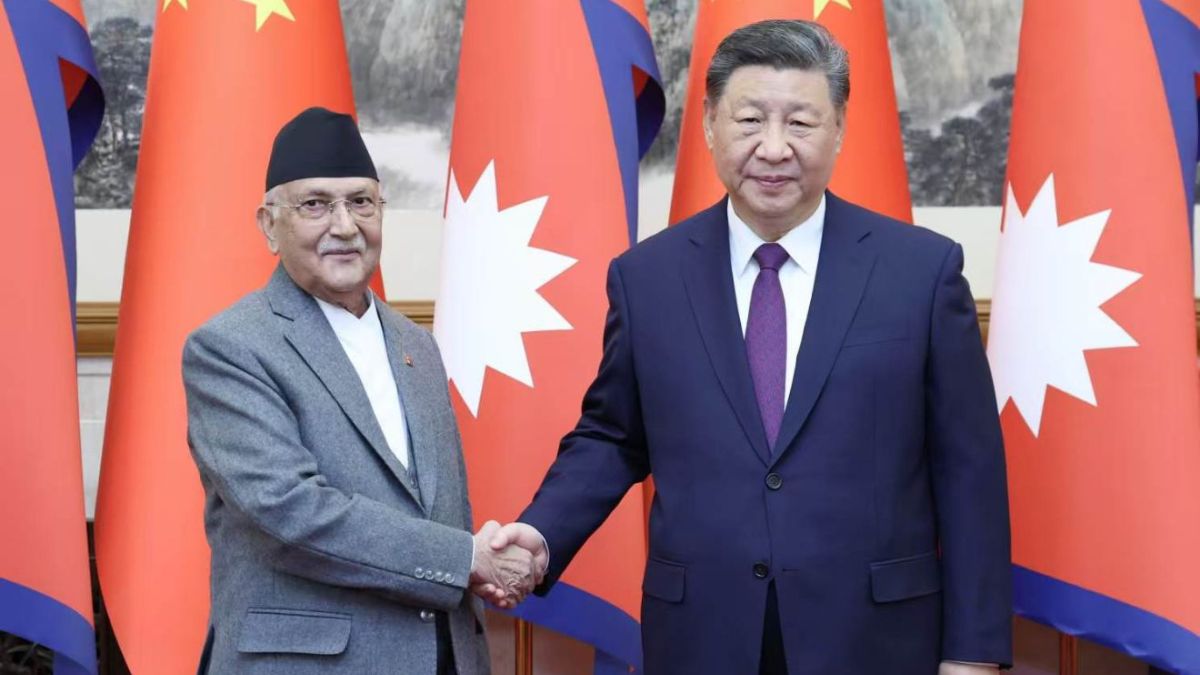)





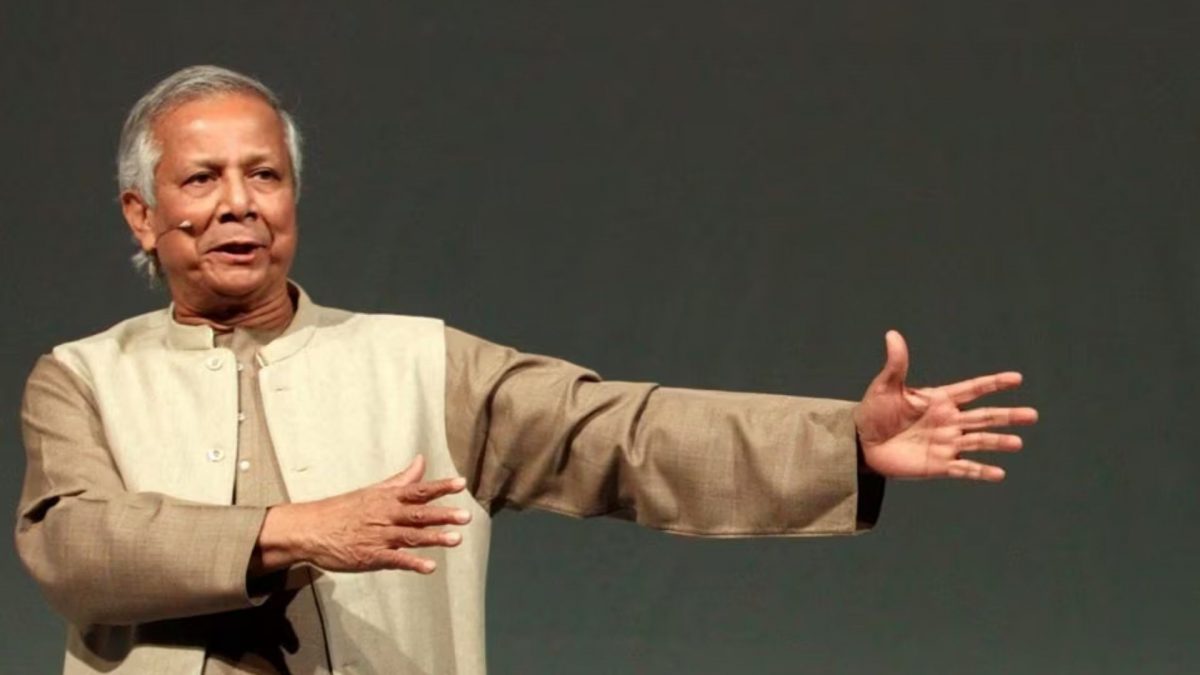)
